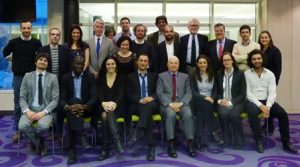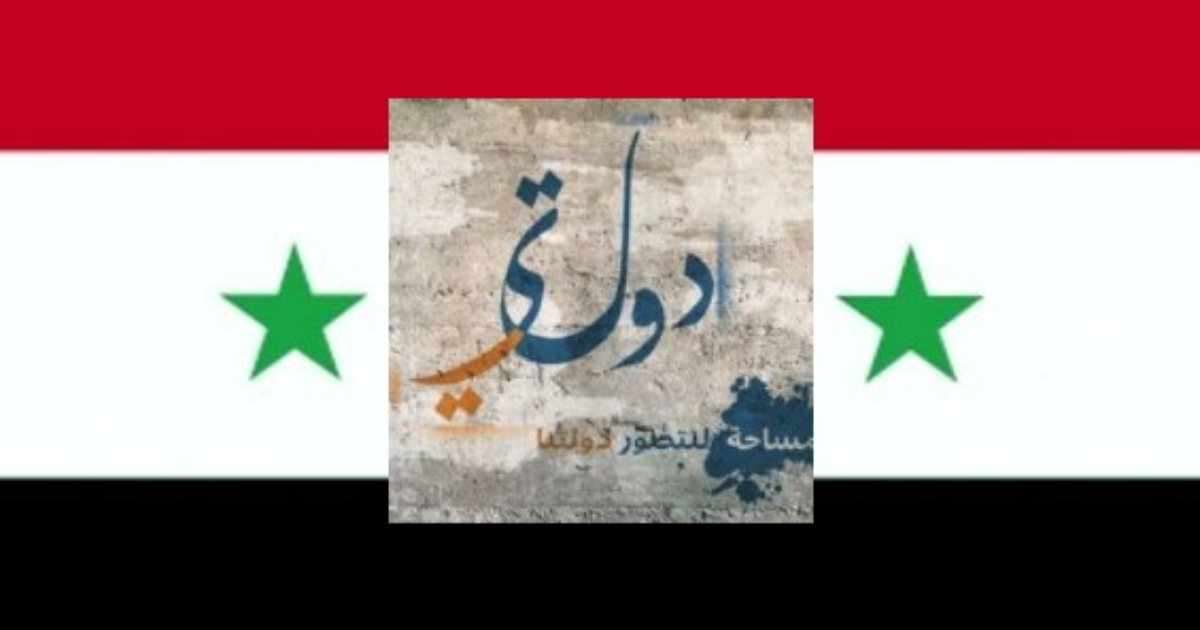Syrian human rights activists play a key role in ensuring that the future of Syria is defined by institutions that embrace principles of democracy and pluralism, and that offer redress and accountability for human rights violations and promote reconciliation.
The Syrian human rights organisation Dawlaty and No Peace Without Justice are engaged in a program of capacity building of Syrian civil society groups, human rights and democracy activists to promote a culture of accountability which incorporates transitional justice principles that can help restore trust in the institutions, offer redress, while promoting diversity, pluralism and the rule of law
As part of that capacity building program, Dawlaty has organised an expert consultation on accountability and transitional justice in cooperation with No Peace Without Justice and with the support of Heinrich Böll Foundation on 22 and 23 March 2013 in Brussels.

The purpose of the meeting was to pull together expertise to help create Syria-specific curricula and materials for civil society capacity building on accountability and transitional justice. Participants included human rights, transitional justice and accountability practitioners whose expertise does not come from being experts or having studied or taught transitional justice, but who also have real life experience and have lived and sweated through the good and the bad accountability process, in various countries (including in particular in their own country), where massive human rights and humanitarian law violations have threatened human security and undermined the rule of law.
The meeting examined a number of practical issues that the Syrian human rights community and society will face in respect of accountability, redress and transitional justice, including: which goals, objectives and challenges of transitional justice and their interplay with the broader transition in Syria, in particular in respect of rebuilding the relationship and power dynamics between citizens and State Institutions as well as of redefining relationships between different the components of society? Who are the key actors in designing, implementing, and monitoring a transitional justice process, and what are their respective roles? How can all segments of the population, including victims and marginalised people (including minorities, women, youth, etc.) be engaged and their expectations managed? What should be the priorities and methodologies in terms of documentation, investigation and prosecution policies?
For further information please contact Gianluca Eramo, MENA Program Coordinator on geramo@npwj.org




